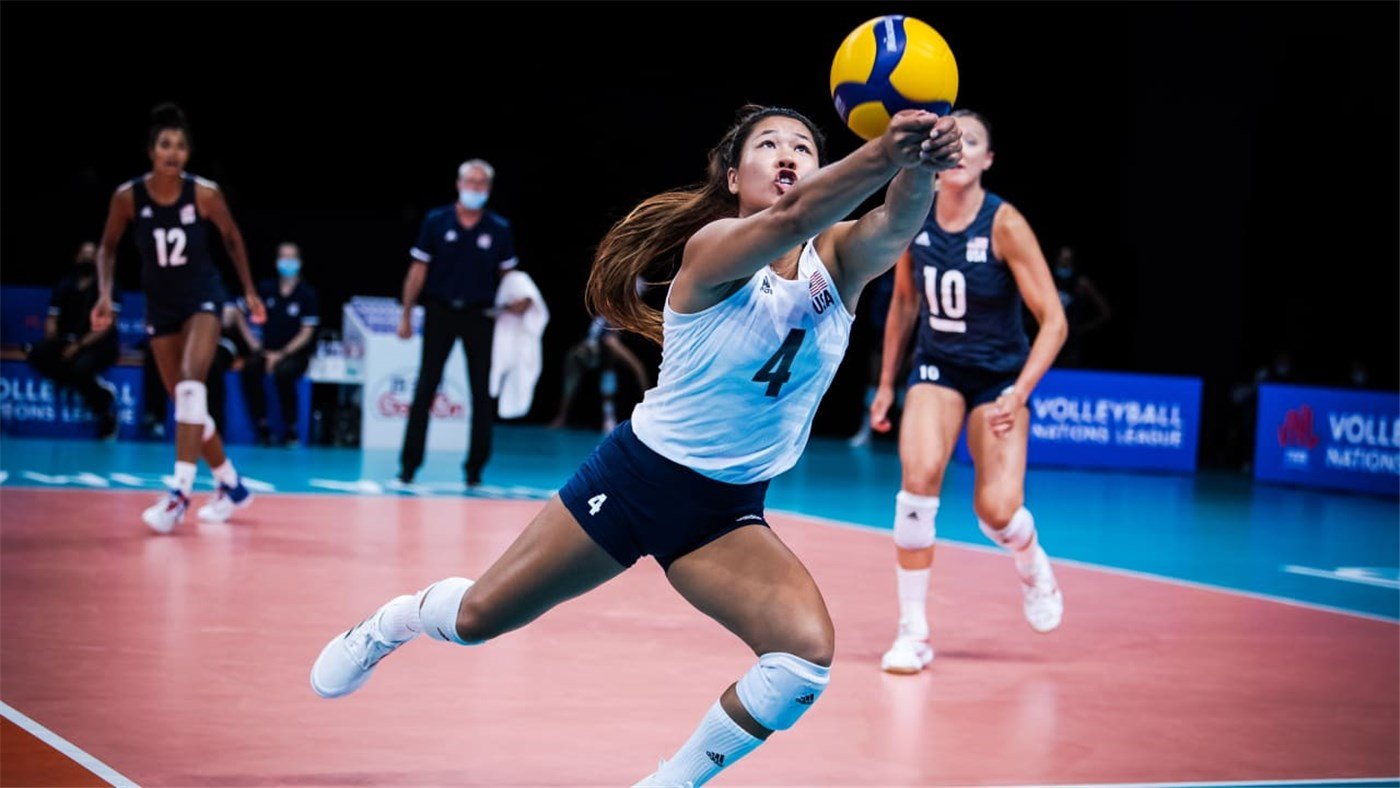As if it was scripted -and some individuals suspect it was- Kamila Valieva (RUS), the golden girl of figure skating, was revealed to have tested positive for trimetazidine, a heart medication that is banned from the sport. This prompted the Team’s figure skating podium ceremony -where she won gold as part of the Russian Olympic Committee- to be suspended.
The positive is not from a test at the Winter Olympic Games but rather from a test from back in December, that was just confirmed as a positive during the Games. This prompted an automatic suspension by the Russian Anti-Doping Agency, which lifted her suspension one day later.
After the suspension was lifted, the International Olympic Committee, the International Skating Union, and the World Anti-Doping Agency lodged an appeal to the Court of Arbitration for Sport. In the end, she had tested positive for a substance that helps pump more blood to the heart, hence increasing endurance – which could be key to enduring tough training regimens.
On February 14, the CAS decided to allow Kamila Valieva to compete in the singles competition, noting that preventing her from competing “would cause her irreparable harm in the circumstances”, based on three arguments: her status as a “Protected Person” due to being underage, the fact that she did not test positive during the Games, and that the untimely notification “impinged upon the Athlete’s ability to establish certain legal requirements for her benefit”.
The three arguments and the underlying principle are sound. When applying justice, the possibility of committing harm against a potentially innocent individual should be avoided, especially when the harm is irreparable. In this case, there is a possibility -for as scant as it might eventually be – that Valieva turns out being cleared, and it is also likely -considering the last decade of figure skating- that she might never be a gold medal contender at the Olympic Games again.
The fact that she is underage has further complicated everything. There was a possibility that she was taking heart medication for a condition. it would be natural that it would not be revealed due to her age. It turns out that is not the case. The defense that is being mounted for her now rests on the grounds that she accidentally took her grandfather’s medication. An unlikely but plausible story.
Without a doubt, there will be investigations and eventually, it might turn out that she is cleared due to the accidental nature of the action. If that is the case, the CAS will be proven right, and potentially Valieva would be allowed to keep a gold medal in case she wins – she is leading after the short program.
In the case that it is eventually decided that Valieva should be disqualified from the competition, the harm caused against other competitors at the Games is reparable: they can be rewarded the results that they would deserve and a medal ceremony could take place.
The worst-case would be if it is eventually found out that adults -namely her coaches or others- willingly decided to give Valieva medication to enhance her performance. This would not only be a grave breach of the anti-doping regulations but perhaps also a criminal offense, hence why it has to be seriously investigated before pointing fingers.
What Kamila Valieva has been doing is to push the limits of what female figure skaters can do. Her routines have been some of the best sporting performances perhaps seen in any sport. This has surely led to other skaters pushing beyond their abilities and putting them at risk, perhaps also injuring themselves.
Doping when breaking the rules is not only unfair because it gives a competitive advantage but also because it could affect others by putting them at risk.
Let’s enjoy Valieva’s free routine. We might not ever see something like this again. Maybe because it takes doping to have a woman make a quadruple. Maybe because she is just one of the most talented and hardest working figure skaters of all time, or maybe a bit of both. Regardless, the story is far from over and we are witnessing a chapter in sports history that will be talked about for decades.





